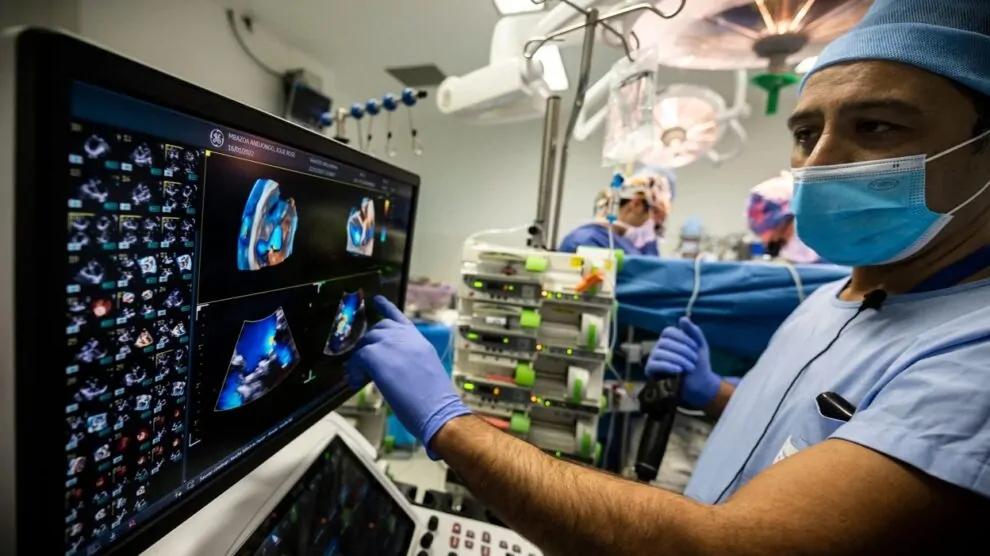The emergence of artificial intelligence (AI) sparks intense debate regarding its implications for the workplace of tomorrow. While some predict AI will cause widespread unemployment through automating jobs, others envisage emerging roles created by technology itself.
The realistic outcome likely entails a nuanced restructuring of economic systems as intelligent algorithms begin excelling at certain tasks while complementing human capabilities where we still maintain superiority.
AI Automating Manual Roles
Where AI demonstrates proven proficiency at scale, the risks of displacing human roles loom large. Workflow automation constitutes an initial frontier where machines surpass human speed and accuracy at routine cognitive and manual activities.
Susceptible Occupations
Jobs involving highly formulaic functions face the greatest threat of replacement by AI. These encompass positions like:
- Data entry clerks
- Telemarketers
- Manufacturing staff
- Warehouse workers
- Accounts payable/receivable
As algorithms outperform people at administrative processing or production tasks, such roles will rationalize around technology in the next decade.
New Work Scenarios
However, AI may also enable new working models. For example, warehouse robots could handle late night merchandise sorting, allowing staff specialization in customer-facing tasks during the daytime.
Emergence of Hybrid AI Jobs
While disrupting some occupations, experts forecast AI will create new technology-centered roles managing intelligent systems. Hybrid human-AI collaboration constitutes the next workplace evolution.
AI Assistance Roles
Here jobs entail complementing AI tools rather than competing with them. AI assistants, trainers, explainers, and annotators are emerging across sectors to help develop, check, clarify and get the most from machine learning models.
Fusion Jobs
True hybrid roles seamlessly fusing the best capabilities of minds and machines are also likely to arise. For example, AI-endowed engineering positions or computer-augmented medical professions enhance what humans can achieve alone.
Preparing the Workforce of the Future
To summarize, AI’s economic impact depends substantially on how proactively societies upskill and transition workforces. But policies prioritizing adult education, labor divisions incorporating technology strengths, and AI access democratization can optimize this transformation.
Retraining Initiatives
Large-scale retraining programs focusing on digital and soft skills can empower those losing jobs to participate in tech-centric roles created by automation itself.
Inclusive Innovation
Additionally, democratizing access to AI applications promises bringing automation dividends to small businesses, not just large corporations. Leveling the playing field can help local communities worldwide adapt.
Fluid Labor Markets
With lifelong learning now essential amidst rapidly evolving workplace tools, labor regulation needs heavier emphasis on fluidity and mobility over long-term specialization. This promises smoother occupational transitions.










Add Comment